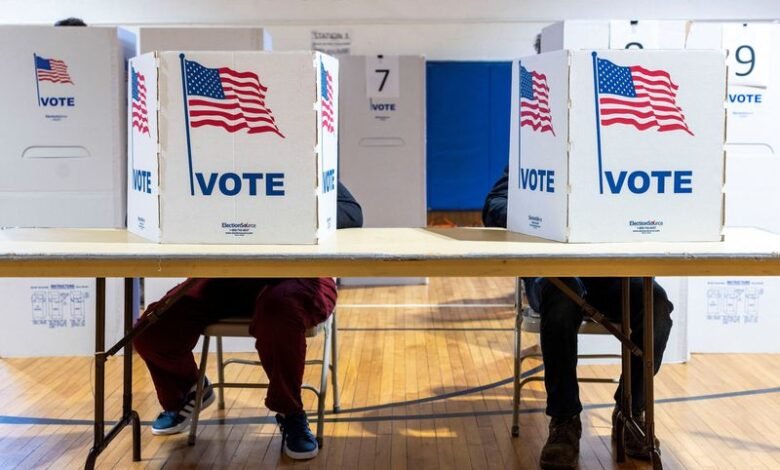
By Jamie McGeever
(Reuters) – A look at the day ahead in Asian markets.
Global markets will be overwhelmingly dominated by the U.S. presidential election and interest rate decision later this week, so Monday’s activity may be driven by position adjustments as investors take in the latest polls, newsflow, earnings and economic indicators.
If Friday’s moves are any guide, Monday promises to be something of a rollercoaster with no clear, unifying signal. Bond yields shot up to fresh multi-month highs on election and fiscal jitters, reversing an earlier fall on the back of surprisingly weak U.S. employment data, and the dollar duly strengthened.
But Wall Street shrugged off any political or deficit fears. Latching onto strong earnings and a renewed conviction that the Fed will cut rates on Thursday – and probably again next month – stocks rallied strongly.
Can this ‘risk on’ sentiment prevail with the U.S. election so close, and with bond yields on the rise not just in the US but around the world?
The ‘MOVE’ index of implied volatility in U.S. Treasuries is the highest in over a year, and British gilt yields are the highest in a year too. The ‘bond vigilantes’ suffered a bit of whiplash after the U.S. payrolls data on Friday, but soon took charge again.
So traders in Asia on Monday will have to weigh up whether they go with upbeat U.S. earnings and rate cut optimism, or hunker down in the face of rising yields, a stronger dollar and heightened nervousness on the eve of the U.S. election.
Last week was challenging for Asian markets. The MSCI Asia/Pacific ex-Japan index fell for a fourth week in a row last week, and October’s slide of 4.9% marked the worst month since August last year.
After taking in $32.2 billion inflows in September, Asia ex-Japan equity funds recorded “heavy redemptions” in the last three weeks, according to flows tracker EPFR. The latest week saw investors pull over $4 billion from Asia ex-Japan equity funds, extending their longest outflow streak since the fourth quarter of last year.
Much of that is down to outflows from China funds as some of the hyper excitement sparked by Beijing’s raft of measures to support the domestic economy and markets cools off.
But attention will once again center on Beijing this week. China’s top legislative body the National People’s Congress meets on Nov. 4-8, with markets widely expecting the approval of more fiscal stimulus measures.
This week also sees the release of Chinese economic indicators including trade and lending. Other highlights include interest rate decisions from Australia and Malaysia, GDP figures for Indonesia and the Philippines, and earnings from Toyota and Nissan.
Source link




